As a prototype of cell signaling research, TGF-β signaling plays key roles in cell proliferation, differentiation, apoptosis, transdifferentiation, immune regulation and embryonic development. Therefore, its dysfunction is closely involved in the occurrence of varieties of human diseases. To advance the international TGF-β researches and collaborations, Life Sciences Institute of Zhejiang University invites outstanding international and domestic researchers in this field, and holds this peculiar seminar in Hangzhou.
Date: May 15, 2015
Location: Zijingang Hall at Moses W. Li Building, Zijingang Campus, Zhejiang University
| 08:30 – 09:00 | Modulator: Xin-Hua Feng |
| 08:30 – 09:00 | Welcome Remarks |
| "Chang Jiang Scholars" Chair Professor Award Ceremony | |
| Group Photo | |
| 09:00 – 12:05 | Session I Modulator: Pinglong Xu |
| 09:00 – 09:30 | Rik Derynck University of California San Francisco, USA Lateral Control of TGF-β Signaling |
| 09:30 – 10:00 | Anming Meng Tsinghua University, Beijing Smad5-mediated TGFβ1a Regulates Posterior Lateral Line Development in Zebrafish |
| 10:00 – 10:15 | Break |
| 10:15 – 10:45 | Dahai Zhu Chinese Academy of Medical Sciences, Beijing Heterogeneity of Skeletal Muscle Stem Cells is Mediated by Myostatin-regulated miRNAs in Mice |
| 10:45 – 11:15 | Xiao Yang Academy of Military Medical Sciences, Beijing The Function of TGF-β/Smad4 Signaling in the Maintenance of Tissue Homeostasis |
| 11:15 – 11:45 | Linrong Lu Zhejiang University, Hangzhou MINK1 Kinase Suppresses Th17 Differentiation and Autoimmune Inflammatory Disease via Inhibition of the TGF-β Pathway |
| 11:45 – 12:05 | Long Zhang Zhejiang University, Hangzhou USP4 Empowers SMAD4 Activity in Activin/BMP Signaling |
| 12:05 – 14:00 | Lunch |
| 14:00 –17:35 | Session II Modulator: Long Zhang |
| 14:00 – 14:30 | Peter ten Dijke Leiden University Medical Center, Leiden, The Netherlands BMP Receptor Signaling Perturbation in Human Diseases |
| 14:30 – 15:00 | Seong-Jin Kim Cha University, Pocheon, Korea Role of TGF-β Signaling in Malignant Progression of Breast Cancer |
| 15:00 – 15:30 | Ye-Guang Chen Tsinghua University, Beijing Internalization Routes of TGF-β Receptors |
| 15:30 – 16:00 | Jianguo Song Institute of Biochemistry and Cell Biology (IBCB), Shanghai Institutes for Biological Sciences (SIBS), CAS, Shanghai TUFM Downregulation-mediated Mitochondrial Dysfunction and AMPK-GSK3β Signaling Promote EMT in Lung Cancer Cells |
| 16:00 – 16:15 | Break |
| 16:15 – 16:45 | Junping Liu Hangzhou Normal University, Hangzhou Smad7 in TGF-β Signaling to Telomeres: Shield or Sieve |
| 16:45 – 17:15 | Qiaoran Xi Tsinghua University, Beijing Crosstalk between TGF-β Signaling and Epigenome |
| 17:15 – 17:35 | Pinglong Xu Zhejiang University, Hangzhou The Receptor-Independent Activation of Smad Signaling Pathway |
Speaker Introduction:
 | Rik Derynck, Ph.D. Department of Cell and Tissue Biology, Institute of Regeneration Medicine, University of California San Francisco, USA Research Interests: Characterize the signaling mechanisms that define the complex responses to TGF-β proteins, and to understand their roles in epithelial to mesenchymal. |
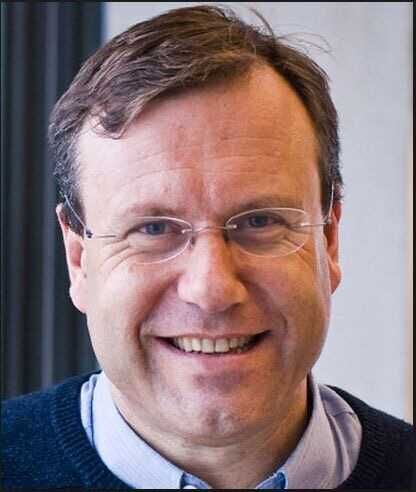 | Peter ten Dijke, Ph.D. Section Aging and Signal Transduction, Molecular Cell Biology, Leiden University Medical Center, Leiden, The Netherlands Research Interests: Study the molecular mechanisms by which TGF-β family members elicit their cellular effects via (co)receptors and intracellular SMAD effectors, and how subverted TGF family signaling is involved in cancer, vascular and bone diseases. |
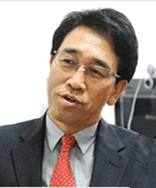 | Seong-Jin Kim, Ph.D. College of Medicine, Pochon Cha University, Pocheon, Korea Research Interests: TGF-β signaling and drug discovery, crosstalk between TGF-β and Toll-like reception signaling. |
 | Ye-Guang Chen, Ph.D. School of Life Sciences, Tsinghua University, Beijing Research Interests: The molecular mechanism of cell signaling. How TGF-β and Wnt signaling are regulated and their roles in embryogenesis, stem cell self-renewal and differentiation, tissue fibrosis and tumorigenesis. |
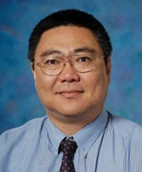 | Junping Liu, Ph.D. Institute of Aging, Hangzhou Normal University, Hangzhou Research Interests:Interplays amongtelomere associated proteins, cell senescence and immortalization. Roles of GTP and ATP enzyme in maintaining of the intracellular environment. |
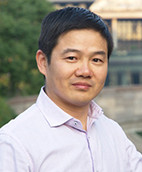 | Linrong Lu, Ph.D. School of Medicine, Zhejiang University, Hangzhou Research Interests:The molecular pathways in both innate and T cell mediated immune response, identification and characterization of novel immune-related molecules and the development and treatment of autoimmune diseases. |
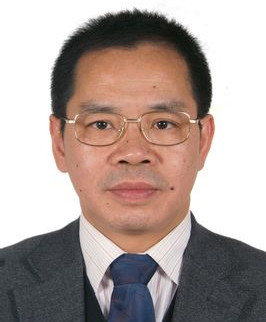 | Anming Meng, Ph.D. School of Life Sciences, Tsinghua University, Beijing Research Interests: Roles of Nodal and FGF signaling pathways in mesoderm induction and dorsovental patterning of vertebrate embryos. |
 | Jianguo Song, Ph.D. Institute of Biochemistry and Cell Biology, Shanghai Institutes for Biological Sciences, CAS, Shanghai Research Interests: Regulation of EMT and its implications in cell behavior and tumor metastasis. Signaling mechanism of epithelial cell plasticity and death-and survival fate. |
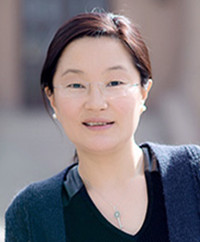 | Qiaoran Xi, Ph.D. School of Life Sciences, Tsinghua University, Beijing Research Interests: Study the molecular mechanism of TGF-β signaling in self-renewal and differentiation of embryonic stem cells. |
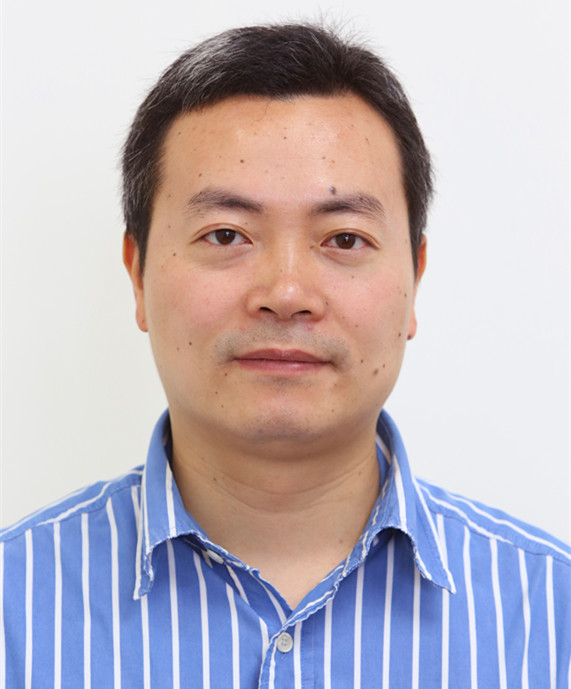 | Pinglong Xu, Ph.D. Life Sciences Institute, Zhejiang University, Hangzhou Research Interests: Elucidate the physiological role and underlying mechanisms of innate host defense and cytokine signaling in modulation of tumorigenesis and tumor progression. |
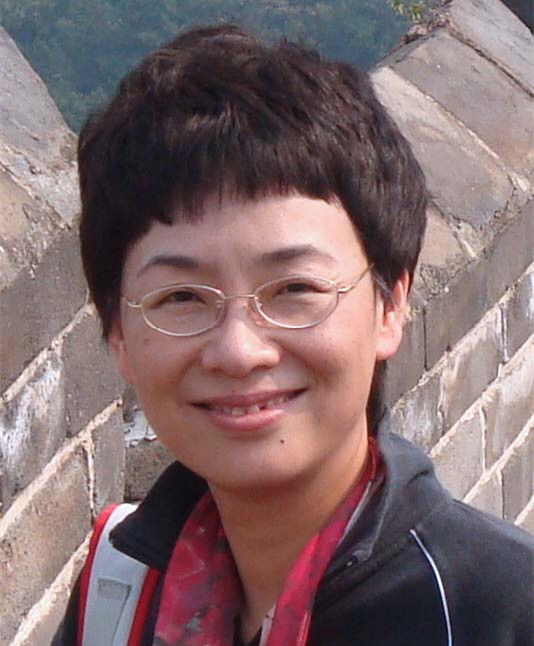 | Xiao Yang, Ph.D. Biology Engineering Institute, Academy of Military Medical Sciences, Beijing Research Interests: The important physiological functions and molecular mechanism of TGF-β/Smad and PTEN/Akt signaling pathway in mammalian tissue organ development and homeostasis |
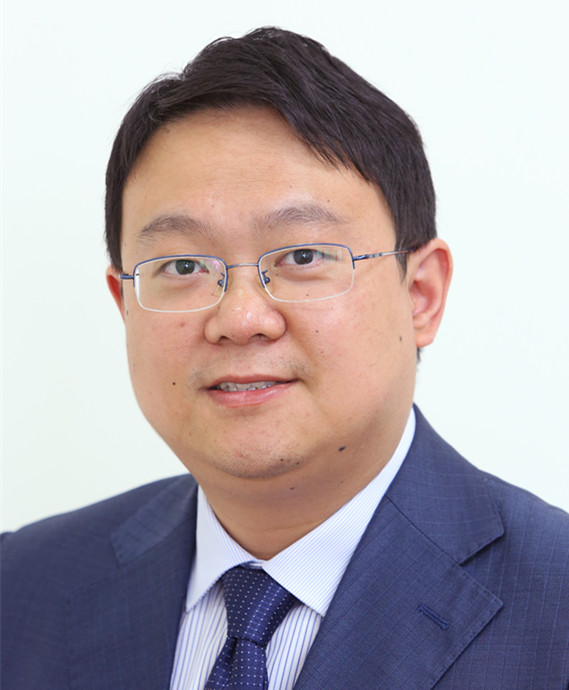 | Long Zhang, Ph.D. Life Sciences Institute, Zhejiang University, Hangzhou Research Interests: The cellular signaling in tumorigenesis and cancer metastasis. |
 | Dahai Zhu, Ph.D. Institute of Basic Medical Sciences, Chinese Academy of Medical Sciences, Beijing Research Interests: Roles of muscle development and metabolism in developmental biology and physiology; systems biology research of diabetic myocardial hypertrophy. |
Organizer:
Life Sciences Institute, Zhejiang University
Innovation Center for Cell Signaling Network
Signal Transduction Branch, Chinese Society of Cell Biology
Organizing Committee:
Dr. Xin-Hua Feng, Chair
Dr. Pinglong Xu
Dr. Long Zhang
For Additional Information Contact:
Ms. Ying LIU, Ms. Yun ZHENG
Tel: +86-571-88981373
E-mail: lsi@zju.edu.cn



